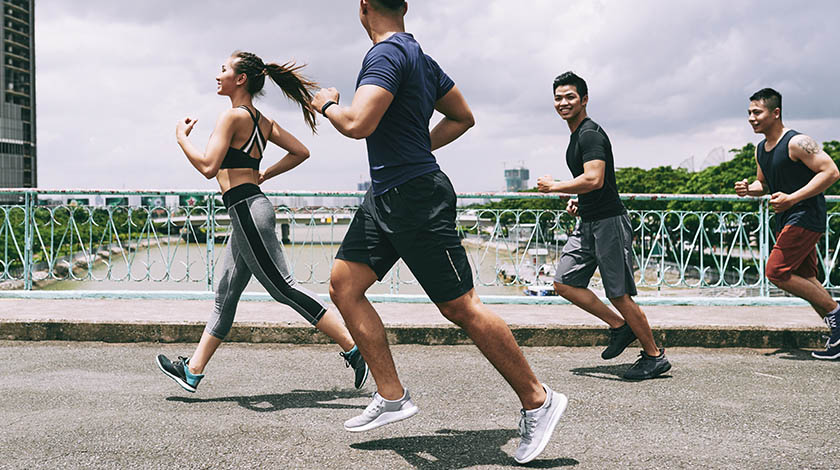Many of us love riding roller-coasters and adrenaline-pumping activities such as bungee-jumping and skydiving. However, few of us understand that the sense of “thrill” they induce is intimately linked to the sensation of fear. That’s right, we get our kicks from being frightened! What’s more, recent studies have shown that thrill-seeking isn’t just good fun, but also good for our health.
The chemistry of thrills

That “rush” that you get from participating in a thrilling activity derives primarily from adrenaline — a hormone associated with a faster heartbeat and a temporary spike in energy and strength levels. It’s known as the fight-or-flight hormone, because our adrenaline levels are highest when we’re facing an unknown and unfamiliar situation.
Other hormones associated with thrill-seeking include endorphins. These feel-good hormones reduce stress levels and produce feelings of joy and relaxation.1
Taking a leap of faith

In fact, simple, everyday activities can give you a healthy dose of the “thrill” hormones.
- A new exercise routine
Physical activity produces plenty of adrenaline and endorphins, particularly if you’re making an effort to challenge yourself.2 Consider taking up a new fitness activity like spin class or kickboxing.
- Compete
Whether it’s a team sport like basketball or a solo endeavor like marathon running, the very act of competing is thrilling. And needless to say, winning will give you a fantastic high. Just remember not to put too much pressure on yourself, and focus more on the journey than the result.
Sources
- Hoffman MD and Hoffman DR. Exercisers achieve greater acute exercise-induced mood enhancement than nonexercisers. Arch Phys Med Rehabil. 2008; 89: 358-363.
- Brisswalter J, Collardeau M and René A. Effects of acute physical exercise characteristics on cognitive performance. Sports Med. 2002; 32: 555-566.

